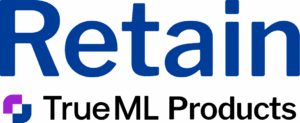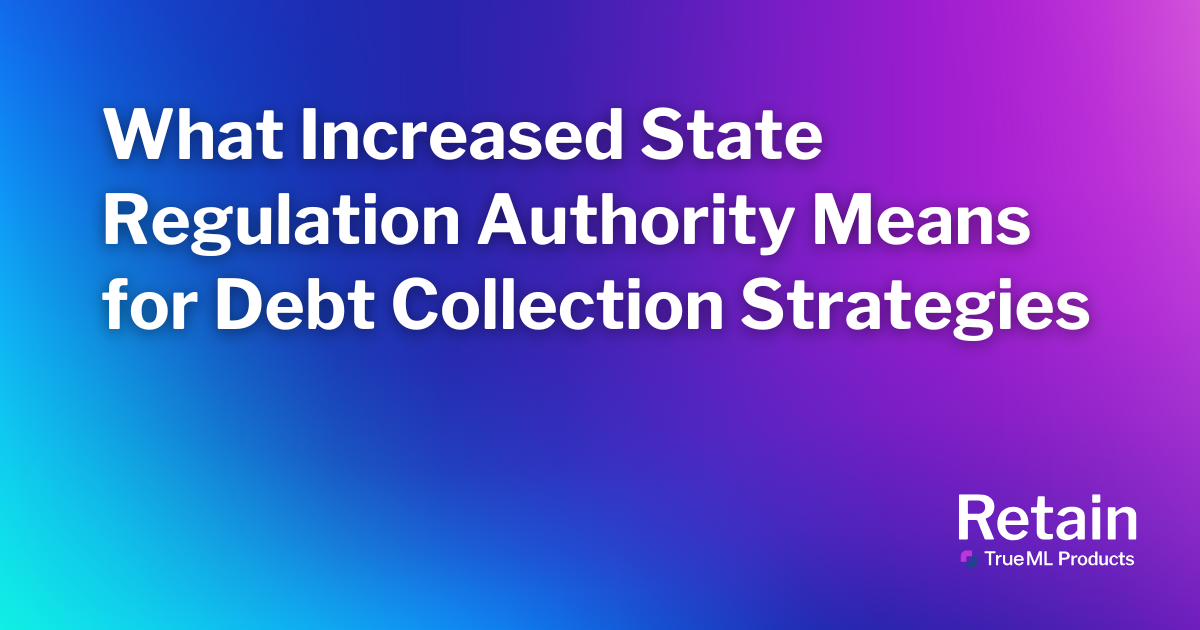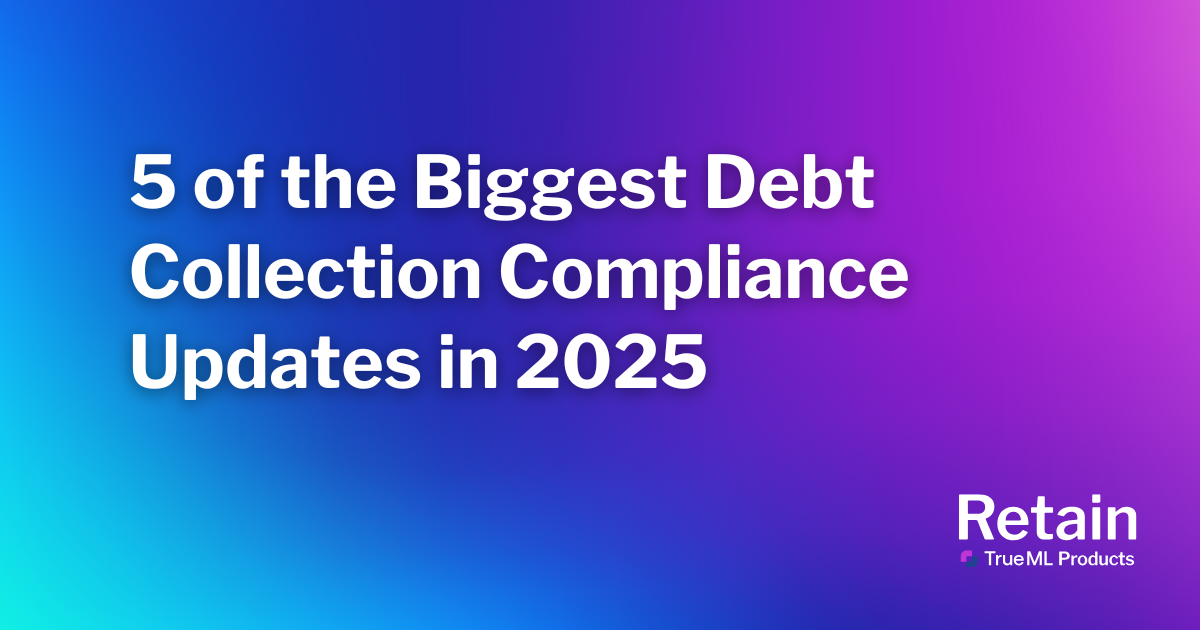The regulatory landscape around the consumer finance and debt collection industries is in a challenging spot for businesses. With the Consumer Financial Protection Bureau (CFPB) decreasing its enforcement activities, the states are trying to fill the void. This is creating a patchwork of enforcement activities and increased regulations that are making it more difficult for businesses to navigate.
With new debt collection state compliance regulations being enacted across the country, businesses are having a hard time keeping up without their OpEx budget ballooning. Even though debt collection strategies are going to need to adapt, there are ways to stay on top of increased state regulation authority. Let’s dive into why this change has happened, and insight into how adjusting collection strategies could help keep up.
Why Do States Have More Regulatory Authority?
In the last year, the CFPB has taken a step back and has shifted its focus away from supervision and enforcement of the financial industry. There have also been multiple cuts of staff and budget, which has made it challenging for the agency to maintain its position as the primary authority for debt collection compliance.
The United States in general operates under a dual system of federal and state laws and regulations for the financial industry. With the CFPB ceding control, states are stepping in to take on more responsibility for the financial well-being of consumers. One of the impacts this has on businesses is that adhering to state compliance laws and regulations is becoming more complex.
While states do work with interagency bodies, the financial issues of consumers often vary by area, which leads to unique regulations debt collection strategies have to follow. Now that states are filling the void left by the CFPB, the compliance landscape is harder to track and predict.
What Does This Change Mean for Debt Collection Strategies?
In the wake of increased state enforcement and regulation activity, debt collection strategies are likely going to need to change. While it’s impossible to know what developments may come next in this evolving landscape, here are some ways businesses can prepare to meet the challenges:
- Be Ready to Adapt Quickly: State legislators and regulators are much more nimble when it comes to enacting new regulations compared to the federal government. New laws around consumer finance and debt collection are easier to pass and typically go into effect more quickly than federal laws and regulations. By keeping a finger on the pulse of state compliance trends, businesses can help mitigate the risk of being surprised by a new law or regulation that interrupts operations.
- Think Locally and Monitor State-Level Developments: State and local regulators have a closer view of the financial issues consumers are facing. Many states have dedicated channels for consumers to submit financial related complaints. Since state governments are very invested in their economic health, they tend to react swiftly to financial issues like compliance violations.
- Implement Tools to Address Unique Compliance Guidelines at Scale: A core challenge of businesses doing debt collection in multiple states is complying with all the different laws and regulations. Since the number of unique state compliance regulations is likely to increase, the OpEx cost of debt collection strategies could follow suit without a scalable strategy in place.
Tips for Adjusting Your Collections Strategy
For businesses trying to adjust their collections strategy in this new regulatory environment, it’s important to understand that there’s more risk given how complex compliance has become. Another challenge is that smaller compliance departments are going to have a harder time keeping up with all the new regulations from state to state. The good news is that there are debt collection strategies that can help. Here are a few suggestions:
- Reorient Your Compliance Focus: Compliance strategies need to shift and focus on the states in which your business operates. Do regular audits and research around the compliance rules and enforcement activities of each state. By keeping an eye on interagency bodies and trends, your business will be better equipped to stay compliant without your OpEx budget ballooning.
- Conduct State-by-State Assessments: Take a close look at your business’ debt collection services and strategies to see how they stack up against each state’s laws and regulations. You’ll want to pay extra attention to bellwether states like California or New York that often set the precedent that other states follow.
- Invest in Debt Collection Software That Makes Compliance Easier: In the patchwork state-run compliance landscape for debt collection, a one-size-fits-all approach isn’t going to work. Debt collection software like Retain offers custom compliance with deliverability checks and guardrails for sending digital communications.
Stay Compliant While Reducing OpEx with Retain
Retain by TrueML Products is debt collection software that makes sending digital communications easy. Our software lets you restrict your messaging by state or set the desired state disclosures to streamline your compliance efforts.
If you want to stay ahead of the state-driven compliance landscape, we’re here to help. Schedule a call with our team to learn more about Retain’s FDCPA and Reg F compliance controls.



